
Red beetroot: "Miracle drug" that cures many diseases but not everyone knows 👇👇
The Healing Power and Nutritional Value of Red Beets
By DoiSong – September 5, 2025
Discover More
Sugarcane juice • Meat • Ginger
Red beets are not only rich in valuable nutrients but also contain powerful medicinal compounds that can help prevent and treat various diseases—facts that many people still overlook.
Nutritional Value of Red Beets
In traditional medicine, beets are described as having a sweet yet slightly bitter flavor and a cooling nature. They are believed to support heart health, stimulate the appetite, strengthen the spleen, regulate internal energy, and purify the blood. Beet seeds help induce sweating, while the leaves are known for their anti-inflammatory properties.
Scientifically known as Beta vulgaris L., red beet belongs to the Chenopodiaceae family. Numerous international studies have confirmed that beets are among the most nutrient-dense vegetables on Earth, especially effective in preventing leukemia and certain cancers due to their unique bioactive compounds.
One of the key nutrients in beets is betaine, an amino acid with strong anti-cancer and anti-inflammatory effects. Research has shown that betaine can help destroy tumor cells and protect healthy tissues. Moreover, its potent antioxidant properties combat free radicals and support liver function.
Beets and General Health Benefits
For healthy individuals, regular beet consumption promotes better liver and gallbladder function, relieves constipation, and reduces symptoms such as headaches, toothaches, dysentery, and joint pain. Thanks to its high folic acid, iron, and vitamin content, beetroot is also highly recommended for pregnant women, as it supports red blood cell formation and fetal development.
The bright crimson color of beets comes from a natural blend of betacyanins (red pigments) and betaxanthins (yellow pigments)—both powerful antioxidants that protect the body from free radical damage. These compounds may lower the risk of heart disease and certain types of cancer. To preserve their full nutritional value, nutritionists advise cooking beets with the skin intact.
Beets are an abundant source of vitamins A, B1, B2, B6, and C, as well as essential minerals such as iron, calcium, magnesium, phosphorus, sodium, and copper. Interestingly, beet greens contain even more iron than spinach, making them an excellent option for those with anemia or iron deficiency.
Medicinal and Therapeutic Uses
1. Enhances Blood and Skin Health
The deep red pigment in beetroot, derived from betacyanins and betaxanthins, aids in blood regeneration and oxygen transportation. Vitamin C in beets further improves iron absorption, making it a natural blood tonic—especially beneficial for pregnant women.
Many people also use fresh beet juice as a topical skin treatment to maintain a radiant, rosy complexion. Regular application can moisturize the skin and improve its elasticity, offering a natural alternative to chemical cosmetics.
2. Regulates Blood Pressure
A study by the Wake Forest Baptist Medical Center found that consuming beet juice daily significantly lowers blood pressure, particularly in older adults with cardiovascular conditions. After one week of regular use, participants experienced up to a 24% increase in exercise endurance and noticeable improvements in circulation. Beets contain nitrates, which convert into nitric oxide in the body, helping relax and widen blood vessels.
3. Cancer Prevention
Numerous studies have highlighted beetroot’s role in reducing the risk of skin, lung, and colon cancers. The compound betacyanin inhibits the growth of cancer cells and slows tumor progression. Research in Hungary has shown that both beet juice and beet powder can delay tumor development in laboratory tests.
An Austrian natural therapist, Rudolf Breuss, became known for his “Beet Juice Cure,” a detox regimen that reportedly helped thousands of cancer patients. Although this method remains scientifically unverified, incorporating beet juice into a balanced diet can strengthen the immune system and enhance recovery during cancer treatment.
4. Supports Heart Health
Beet fiber helps lower LDL (bad cholesterol) and triglycerides while increasing HDL (good cholesterol). The presence of betaine also reduces homocysteine levels, a compound linked to vascular damage. Regular consumption of red beets may therefore protect against atherosclerosis, heart attacks, and strokes.
Important Precautions When Consuming Beets
While red beets offer a wealth of benefits, overconsumption may cause side effects:
-
People with low blood pressure should eat beets in moderation, as they can further lower blood pressure.
-
Individuals with digestive issues might experience stomach cramps, bloating, or irregular bowel movements.
-
Beets have a high glycemic index, meaning they can raise blood sugar levels—problematic for those with diabetes or insulin resistance.
-
High oxalate and betaine levels in beets can aggravate kidney stones or related conditions. People with a history of kidney disease should limit their intake.
When consumed sensibly, however, beets are one of nature’s most remarkable foods—an energizing, detoxifying, and restorative vegetable that supports longevity and overall vitality.
News in the same category


How to make chicken mixed with Vietnamese coriander that the whole family will love

The fruit that grows in gardens and is rarely eaten turns out to be an autumn 'miracle drug', better than ginseng and bird's nest.

It's been a long time since I've seen this plant. It has good effects but is hard to find.
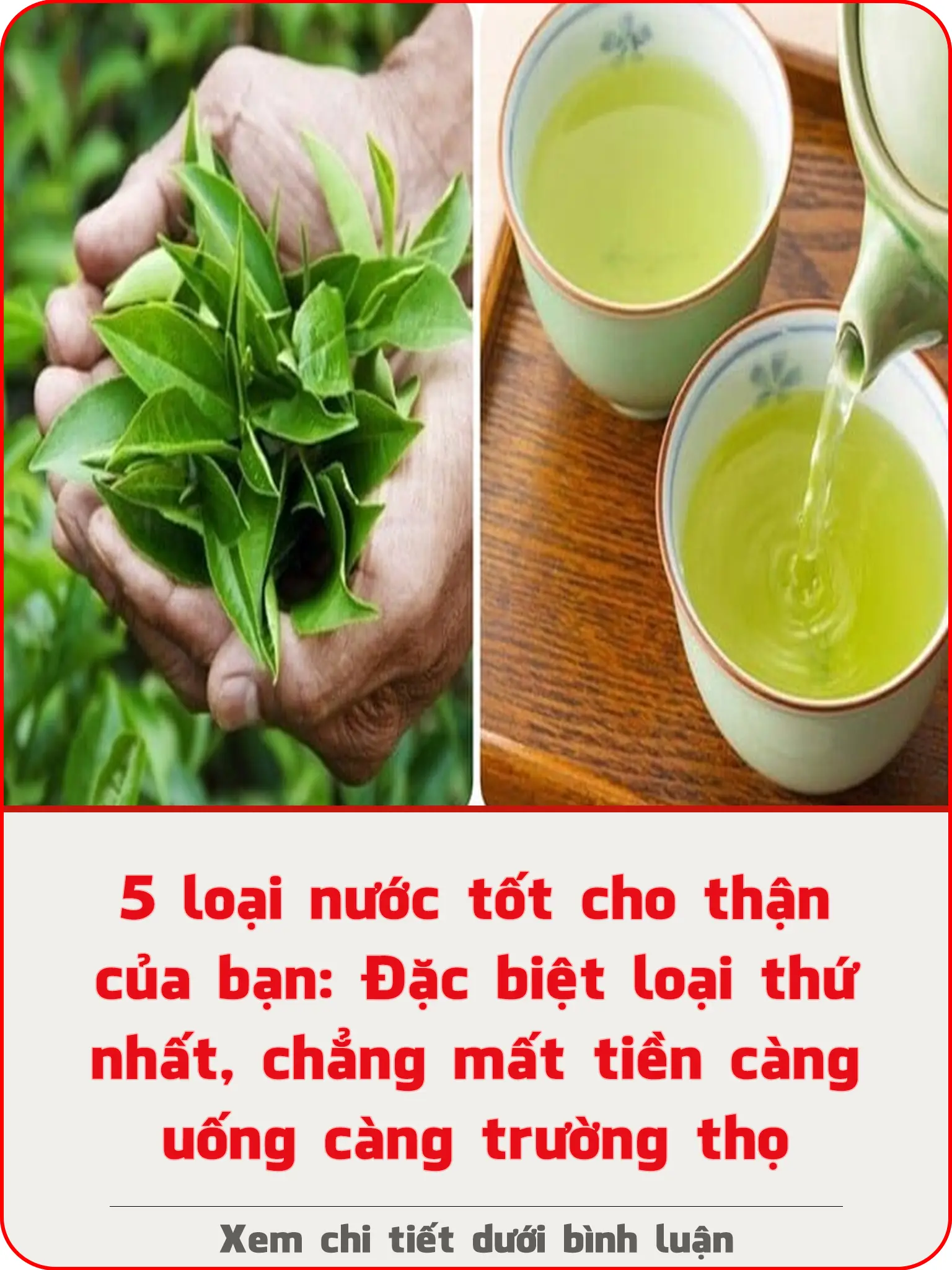
5 types of water good for your kidneys: Especially the first type, it's free and the more you drink it, the longer you live.

How to wash hair with betel leaf water helps reduce hair loss and makes new hair grow continuously

How to grow papaya in pots, fruit is heavy, big and sweet

Save millions of electricity bills every year by knowing how to clean this part of the rice cooker

Mix banana peels with this and leave it in the corner of the house. After just 1 night, all the cockroaches will run away.

4 ways to boil chicken without water

Tips to get rid of cockroaches from your house with easy-to-find ingredients that are both effective and extremely safe

Mix white vinegar with fabric softener to solve many household problems and save money.

Bitter but very good.

Don't soak frozen meat in water. Listen to the chef's instructions on how to defrost it in 5 minutes and the meat will still be delicious.

Everyone please take care of yourself 👇👇

Don't Just Roll Meat With Betel Leaves - 5 Medicinal Uses Worth More Than Western Medicine!
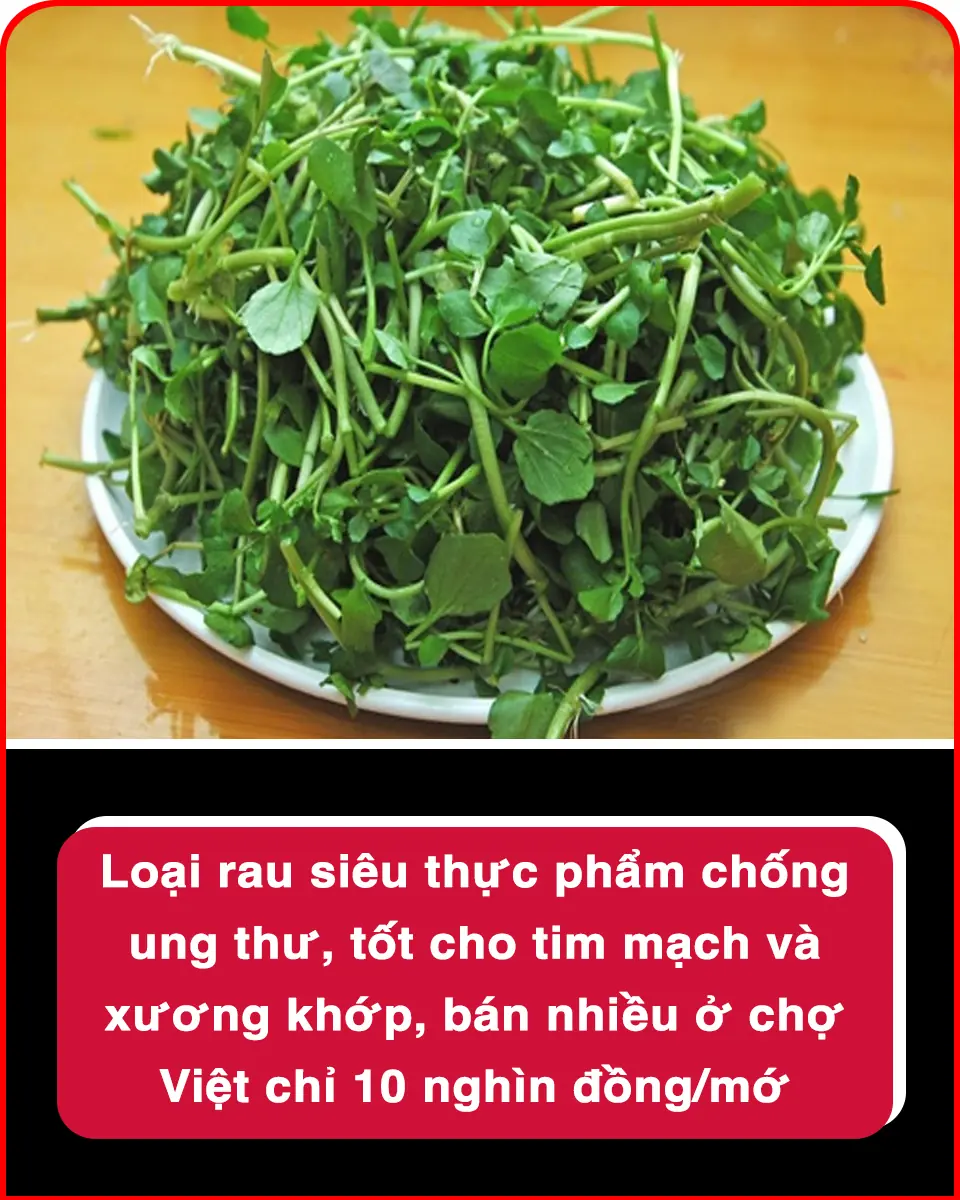
This is a very good anti-cancer food, and is affordable when sold in Vietnamese markets. 👇👇

How to grow lemons in pots to produce fruit all year round, the whole family can't eat it all
News Post

Researchers Turn Festival Wristbands into a Shield Against Drink Spiking
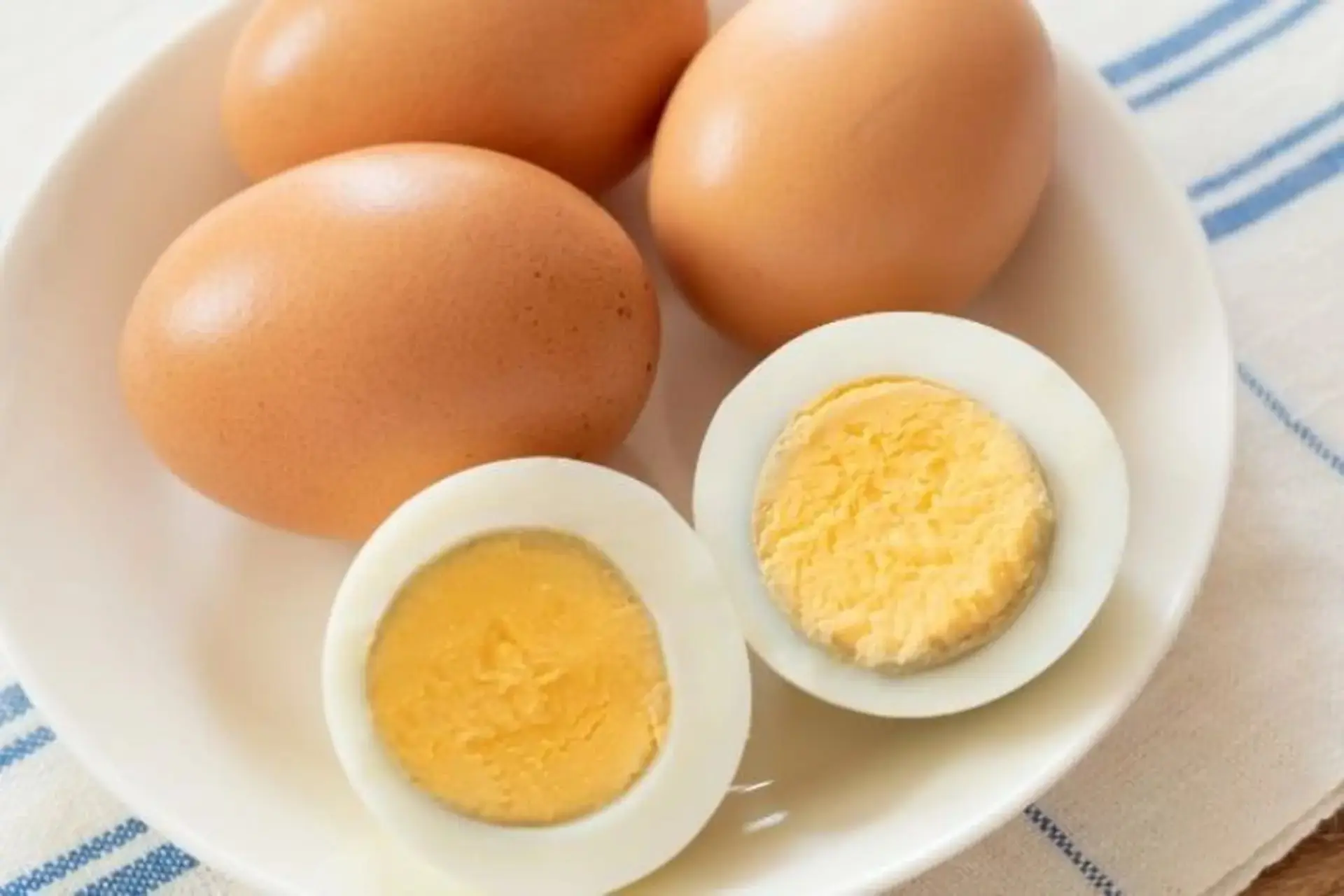
Your Body Will Change In Unexpected Ways When You Eat 2 Eggs Daily

Emmerdale fans 'work out' what's really wrong with Moira Dingle after collapse
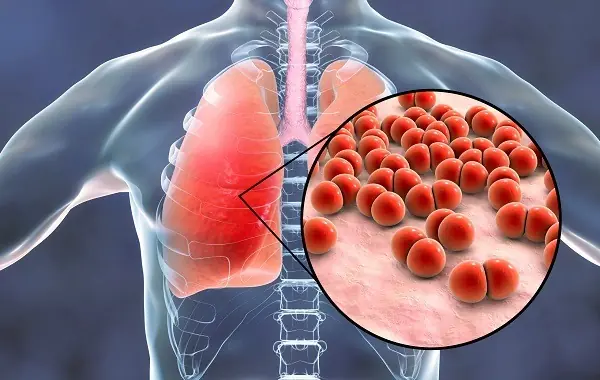
Lung Disease Starts Silently – Spot These Early Signs Before It’s Too Late

Give President Trump Nobel Peace Prize, Israeli Hostage Families Urge
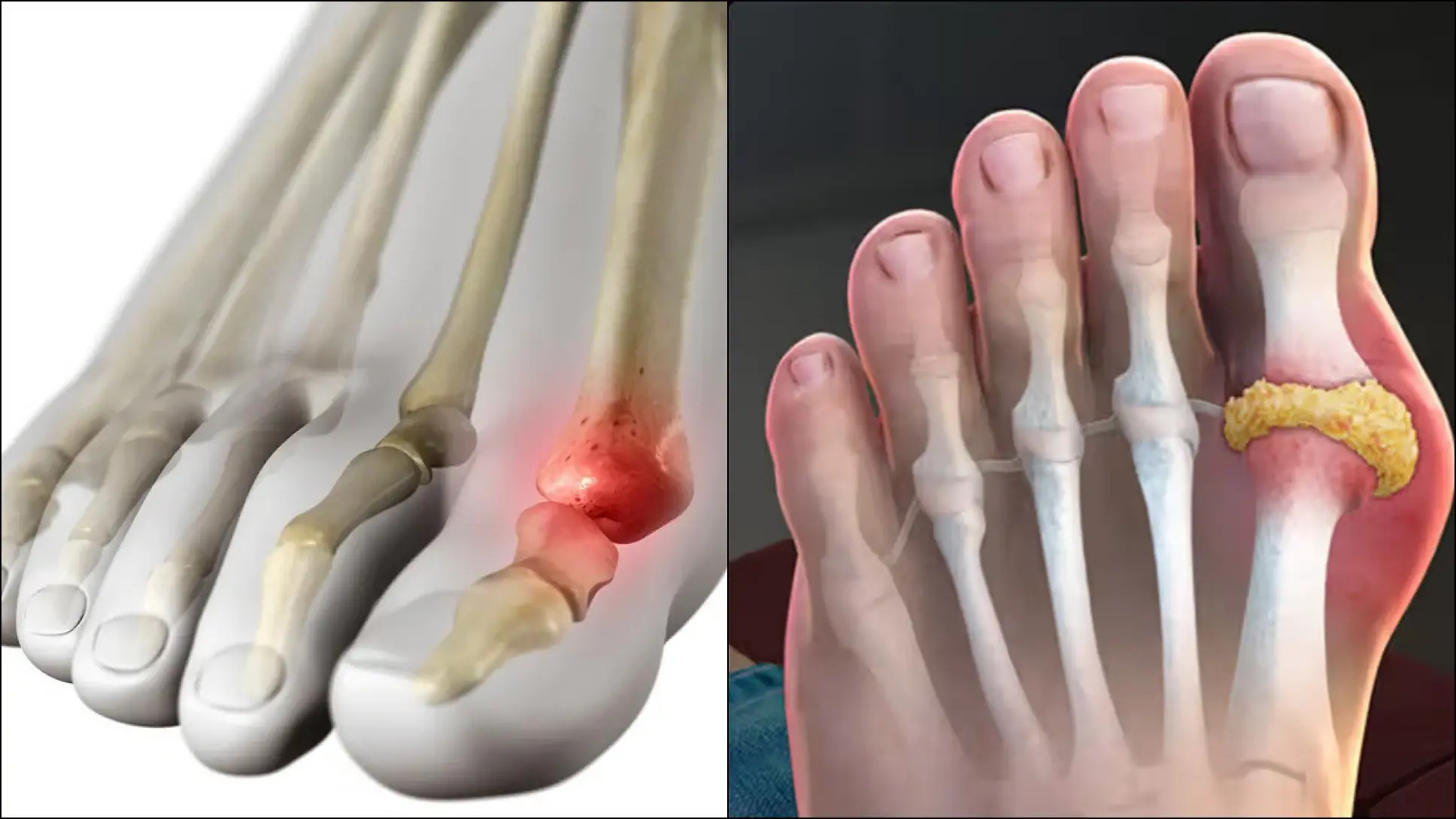
HOW TO QUICKLY REMOVE URIC ACID CRYSTALLIZATION FROM YOUR BODY TO PREVENT GOUT AND JOINT PAIN

Drink 1 of these 5 drinks every morning and cancer will stay away 👇👇

McFly star Harry Judd's wife Izzy opens up on their child's difficult health condition

The refrigerator gasket is moldy, use this to clean it, it will be clean in just 5 minutes

How to make chicken mixed with Vietnamese coriander that the whole family will love

The fruit that grows in gardens and is rarely eaten turns out to be an autumn 'miracle drug', better than ginseng and bird's nest.

It's been a long time since I've seen this plant. It has good effects but is hard to find.

5 types of water good for your kidneys: Especially the first type, it's free and the more you drink it, the longer you live.

How to wash hair with betel leaf water helps reduce hair loss and makes new hair grow continuously

Bill Belichick trying to ‘find the leak’ with reports of UNC dysfunction spreading

Mike Francesa misses Yankees watch party for ‘emergency’ surgery

Taylor Swift’s floral ‘Late Night With Seth Meyers’ outfit is covered in Easter eggs

When to Worry About Veins That Appear Out of Nowhere
